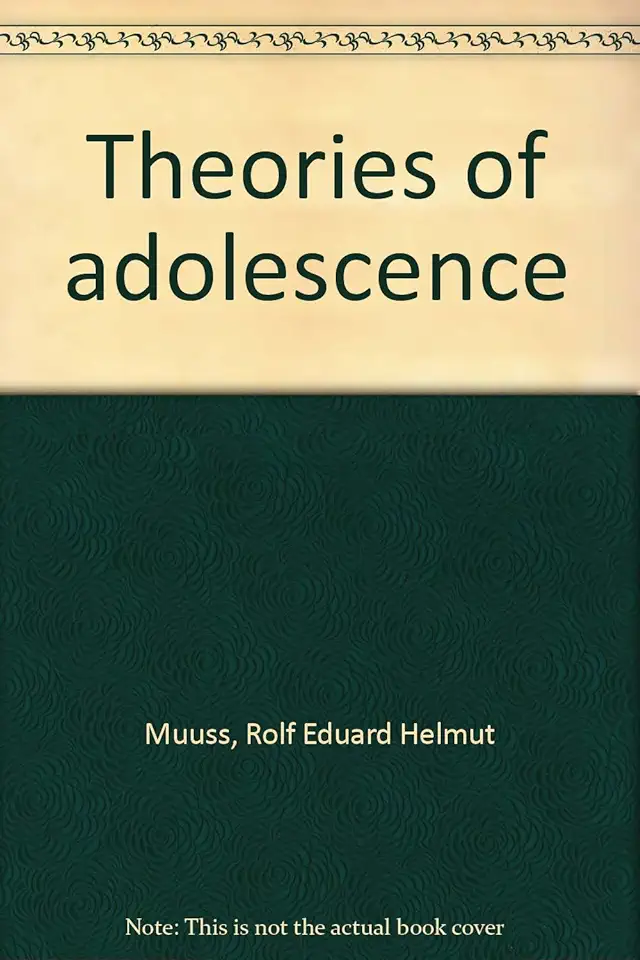
Theories of Adolescence - Rolf Muuss
Theories of Adolescence by Rolf Muuss: A Comprehensive Exploration of Adolescent Development
Introduction
Adolescence is a critical period of human development, marked by significant physical, cognitive, and emotional changes. Understanding the complexities of this stage is essential for parents, educators, and mental health professionals. In his seminal work, "Theories of Adolescence," Rolf Muuss provides a comprehensive overview of the major theories that have shaped our understanding of adolescent development.
Key Theories of Adolescence
Muuss presents a detailed analysis of various theories, including:
Psychoanalytic Theory: Muuss explores Freud's psychosexual stages and Erikson's psychosocial stages, highlighting the importance of identity formation and the resolution of developmental conflicts during adolescence.
Learning Theory: Muuss discusses how learning theories, such as operant conditioning and social learning theory, can explain adolescent behavior and the influence of environmental factors on development.
Cognitive-Developmental Theory: Muuss examines Piaget's theory of cognitive development and its implications for adolescent thinking, problem-solving, and moral reasoning.
Social-Ecological Theory: Muuss presents Bronfenbrenner's social-ecological theory, emphasizing the interplay between individual, family, peer, and societal factors in shaping adolescent development.
Adolescent Development: A Multifaceted Perspective
Muuss emphasizes the multifaceted nature of adolescent development, highlighting the importance of considering biological, psychological, social, and cultural factors. He provides a holistic framework for understanding the complex interactions that shape adolescent behavior and development.
Practical Applications and Implications
Muuss's work has significant practical implications for professionals working with adolescents. By understanding the different theories of adolescence, practitioners can gain insights into the challenges and opportunities of this developmental stage. This knowledge can inform effective interventions, educational practices, and parenting strategies that support healthy adolescent development.
Conclusion
"Theories of Adolescence" by Rolf Muuss is a must-read for anyone interested in understanding the complexities of adolescent development. Muuss's comprehensive analysis of key theories provides a solid foundation for further research, professional practice, and informed decision-making. This book is an invaluable resource for parents, educators, mental health professionals, and anyone seeking to support the healthy development of adolescents.